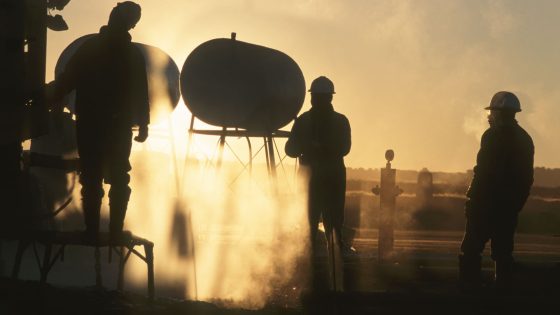Semafor Signals
Supported by


Insights from CNN, the BBC, and The Washington Post




The News
Russia marked Victory Day, an annual celebration of its defeat of Nazi Germany, with a huge military parade in Moscow after striking Ukrainian electricity infrastructure in attacks overnight.
The event has long been used to bolster Russian patriotism and in recent years to justify the war in Ukraine. During a speech in Moscow’s Red Square, President Vladimir Putin railed against the West, accusing it of trying to “distort” history and “stoke new regional conflicts.”


SIGNALS
Russia’s show of force is a warning to the West


Source: CNN
Through Victory Day, Russia served a warning to the West and other adversaries, Timothy Snyder, a professor of history and global affairs at Yale University, argued. Moscow is implying that Russia will win its war in Ukraine, Snyder wrote, but “Russia can lose. And it should lose, for the sake of the world — and for its own sake.” In 1945, Russia’s ability to push back Nazi Germany came in part from economic support from the US, Snyder noted. Now, one could expect that Moscow’s success in Ukraine would come from delaying or preventing aid agreements between Western nations and Kyiv. “The last six months bear this out: Russia’s minor battlefield victories came at a time when the United States was delaying Ukraine aid, rather than supplying it,” he wrote.
Victory Day a celebration of the military, Putin’s control


Sources: The Washington Post, BBC
Victory Day is not only a memorialization of Russian efforts in World War II, but also a “bombastic celebration of Russian militarization, central to Putin’s determination to rebuild Russia as a great power with conservative, traditional values,” The Washington Post’s Moscow bureau chief Robyn Dixon wrote. Victory Day was not the spectacle it is today before Putin came to power in Russia: It was occasionally marked during the Soviet era, and in 1995, then-President Boris Yeltsin revived the parade in honor of the 50th anniversary. In 2008, Putin made the parade a part of Russia’s collective psyche. “Even in a normal year it’s a huge show of Russia’s strength, of Putin’s control and everything he stands for,” Ammon Cheskin, of Glasgow University, told the BBC in 2022.


Source Agencies


